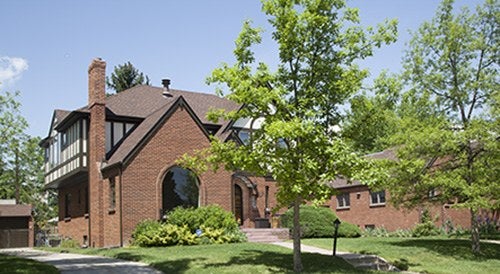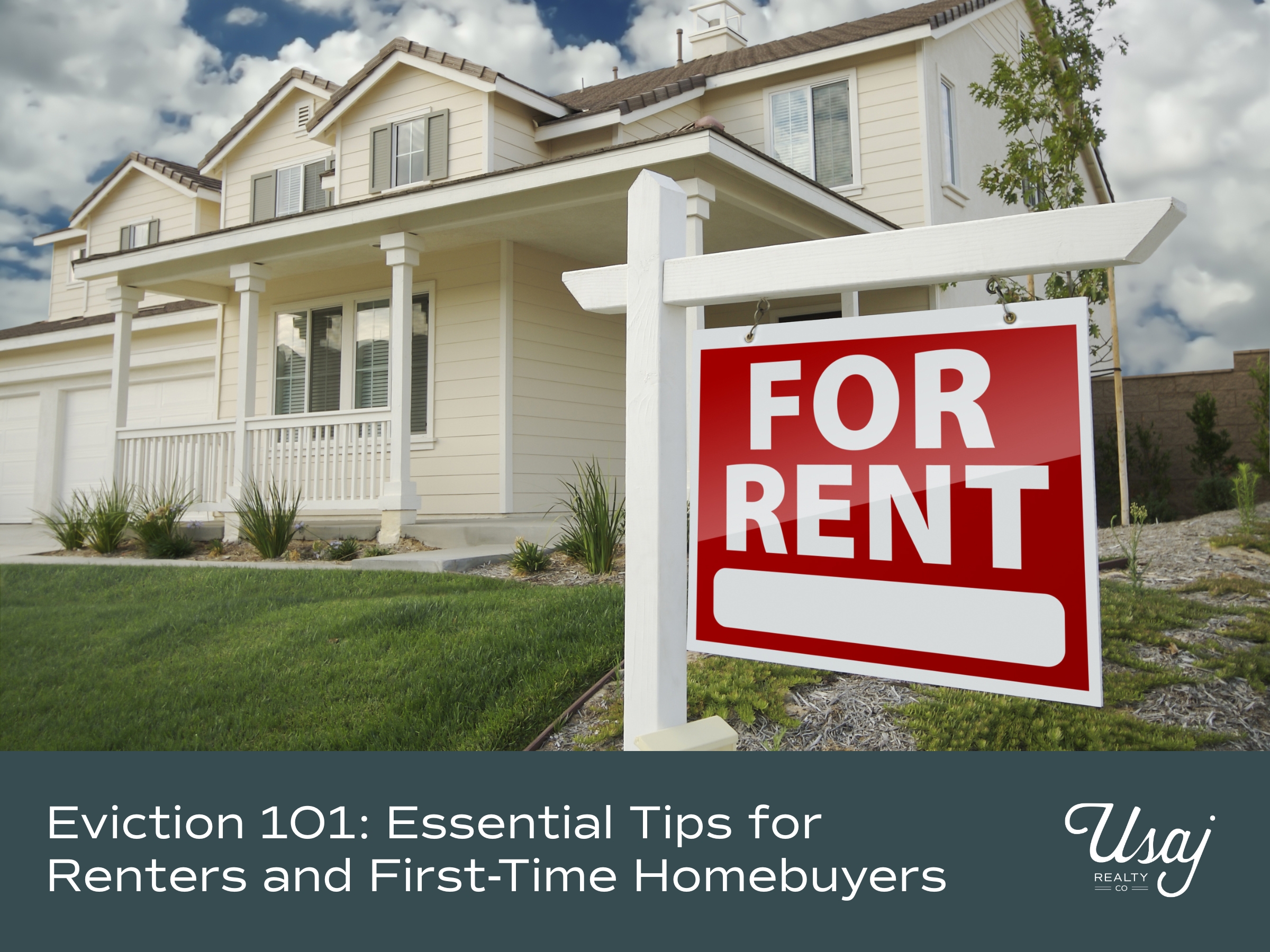So you’ve been in your home for a number of years and are considering a change in your living situation. The big question is whether to renovate or move?
Many factors need to be considered when deciding which option will be best for you. Both can be huge undertakings and it’s important to understand the ramifications. Furthermore, what may be preferable for one person might not be the best for another.
The common thread between the two choices is having patience and a reasonable timeline. Make sure you have a big supply of each!
First of all, you might want to ask yourself some questions:
- Is your neighborhood or current location important to you? Do you have good friends in the area? Are your children close to playmates in the neighborhood? Will the amenities you enjoy now be readily available elsewhere?
- Do you have a limited budget? The price of homes have skyrocketed over the last five years in the Denver area. Is there enough equity in your current home to warrant a move? Can you financially handle a bigger mortgage? Might renovating be a more reasonable option?
- What is the current configuration of your home’s floor plan? Can it accommodate what you have in mind for a renovation? Be aware of property setbacks and HOA restrictions that might impact your plans.
- Will renovations pay off in the future? Will you be able to recoup the costs? Or are you content knowing the upgrades are designed to improve your quality of life as opposed to getting return on your investment.
- A move or renovation will impact your property taxes. Make sure you know ahead of time what your annual bill will be before making your decision. Keep in mind that many home renovation projects that involve a contractor require building permits which will be filed with the local municipality (or county) and as a result, impact your property taxes.
Below you will find the pros and cons of renovating or moving. Hopefully you’ll get a clearer picture and be able to discern which option is going to be best for you.
Pros of a Move
- New Beginnings: Perhaps you need a new start or direction in your life. Whether it’s because of a new baby, life changes as a result of a new job, medical situation, divorce or death in the family, or just knowing it’s time for a new chapter, a move can be cathartic.
- Property Taxes: A move can mean lower property taxes. If reducing your property taxes is a primary driver of your decision, make sure you know what your annual bill will be and whether the likelihood of it increasing in the near future will be a concern.
- Moving to a Larger/Smaller Home: Both upsizing and downsizing can be incredibly exciting. A growing family may relish the idea of having more space and likewise, a person heading into retirement may be excited about having less property and maintenance. Keep in mind that a larger home typically requires more furnishings, maintenance and carries higher costs. And moving into a smaller home requires eliminating excess belongings and streamlining your possessions.
Cons of a Move
- Costs of Selling: According to Rocket Mortgage, it typically costs 15 percent of the home sale price to sell. The associated costs include the real estate commission (5-6 percent), minor repairs and home improvements/preparations ($500-$5,000 +), major repairs ($20,000 +) and title insurance (1 percent).
- Capital Gains: Depending on the amount of appreciation that has occurred since the time you purchased the house, you may face a substantial capital gains tax. According to the IRS, the good news is that you will receive an exemption of up to $250,000 as an individual; $500,000 for a couple. Any excess profit above that amount, you’ll be required to pay taxes on.
- Mortgage: You may have a higher mortgage payment as a result of higher interest rates today.
- Larger home = higher costs: A bigger house equates to more expensive property taxes, utility costs and maintenance (i.e. lawn care, cleaning, HOA, etc.). And there are likely expenses that will come with your new home including any remodeling or upgrades that are needed. Finally, when you are under contract on a new home, you’ll have to get a home inspection done and there will be an assortment of closing costs.
- Actual Moving Costs: Regardless of whether you’re moving across town or to a different state, it’s not cheap to rent moving trucks and personnel. Expect to shell out at least $2,000-$8,000 + to pack and move your household to a new location.
Pros of a Remodel
- More economical: Remodeling your home is likely going to be less expensive than moving. When you factor in your time, emotional wear and tear, building permits, architectural drawing, labor and materials, you’re still going to be paying less than what’s involved in selling and buying a new home. You’ll probably experience some financial stress but nothing like you’d have when selling your home, and then have expenditures relating to buying a new home, moving and having potentially higher expenses and possible remodeling at the new residence.
- Creating Your Own Space: If you already are enjoying your home and the floorplan, you can remodel and achieve the design you are looking for. A new home, unless it’s newly constructed, is unlikely to have all the features and elements you desire. In your present home, you can create the vibe and, hopefully, achieve it in a reasonable timeline.
Cons of a Remodel
- Costs: Ask anyone who has recently undertaken home improvement projects – it’s not cheap! Minor home improvements really aren’t minor anymore. From kitchen to bathroom, basement to home addition, you’re looking at tens of thousands of dollars. Make sure you get several estimates before committing to a contractor.
- Higher Property Taxes: Building permits are required for most remodeling projects. As a result, the municipality or county will know the price tag of the project and will adjust your property taxes accordingly. Make sure you know what type of increase you’re looking at and whether you’ll be able to financially handle it.
- Emotional Toll: If you choose to live in the home during a remodel, it can create stress and severely impact your quality of life. Weight the pros and cons of whether it’s worth it to live in a construction zone or move into a rental.





